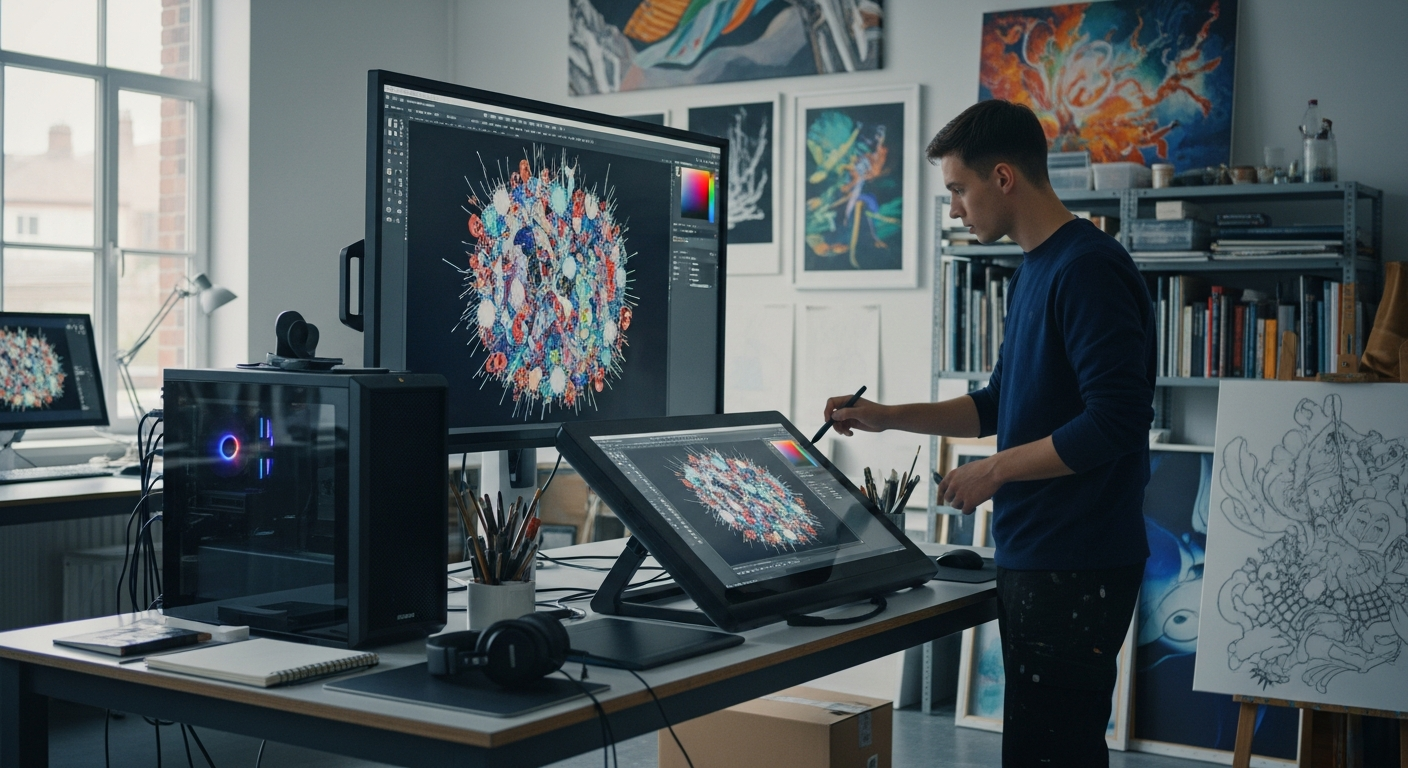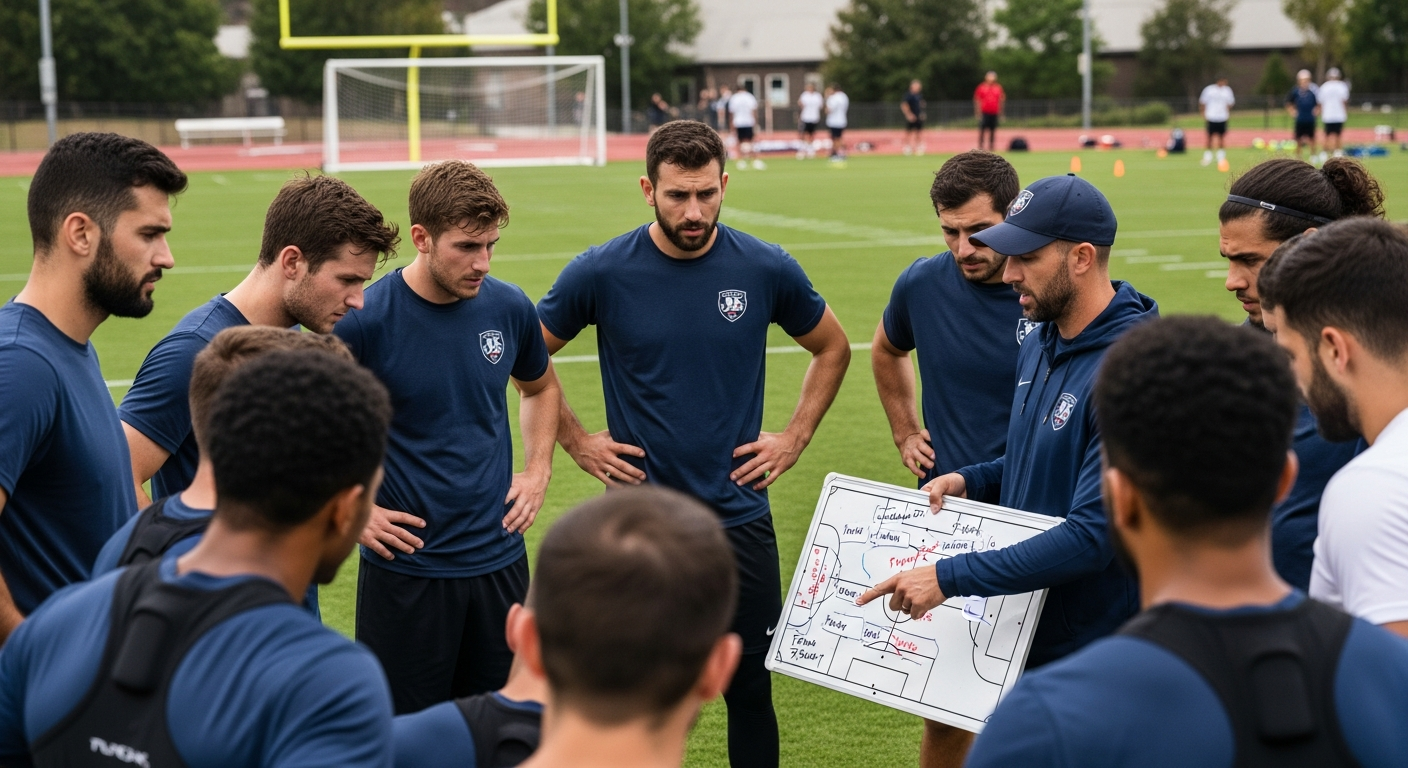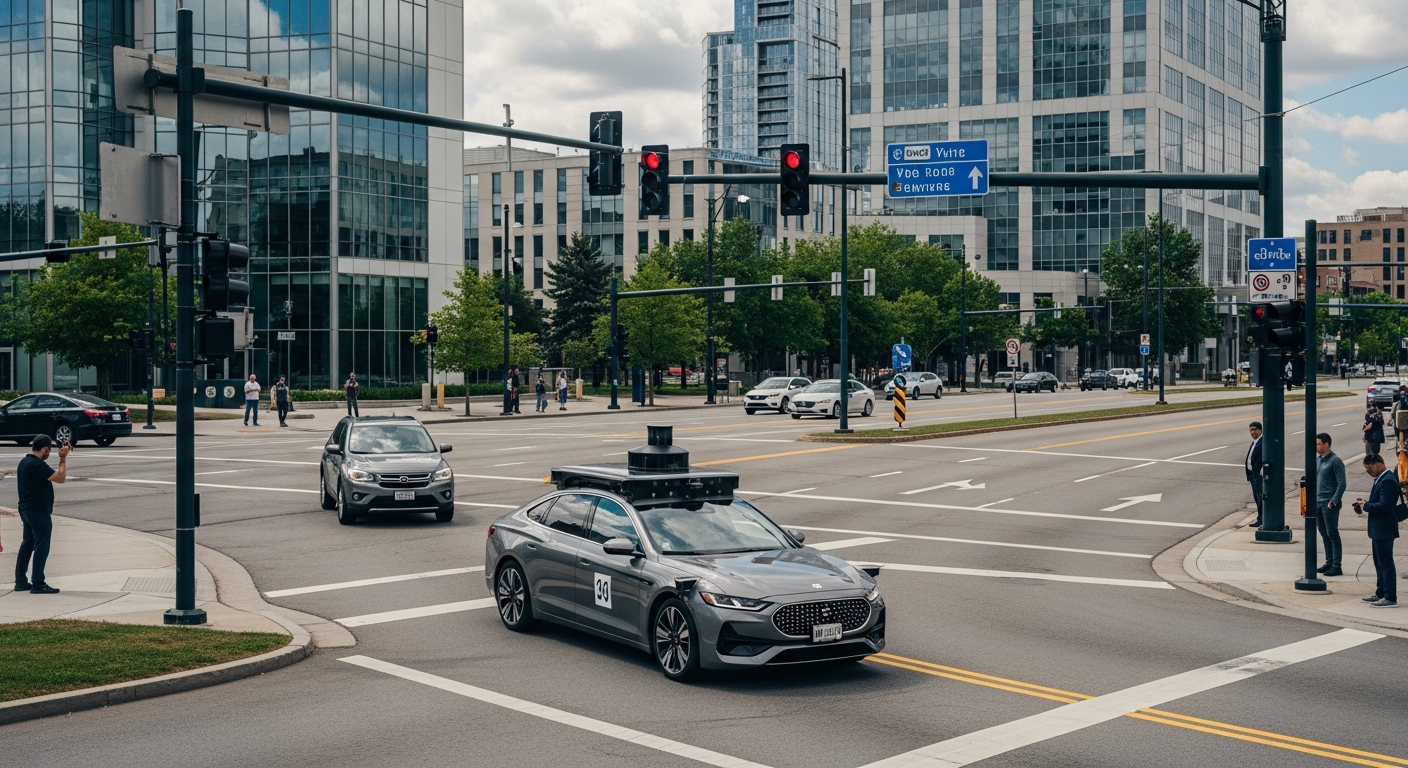Cognitive Surplus: The Untapped Potential of Collective Intelligence
The concept of cognitive surplus is reshaping our understanding of human potential and collective creativity. This phenomenon, born from the digital age, represents the vast reservoir of mental energy and time that people can dedicate to shared pursuits. Read below to explore how this emerging trend is transforming society, fostering innovation, and redefining collaboration on a global scale.

The Digital Revolution and Its Impact
The digital revolution has been a catalyst for unleashing cognitive surplus. With the proliferation of smartphones and high-speed internet, people now have unprecedented access to information and tools for creation. This technological shift has dramatically lowered the barriers to entry for collaborative projects, enabling individuals from diverse backgrounds to contribute their skills and knowledge to global initiatives.
Crowdsourcing: Tapping into Collective Intelligence
One of the most visible manifestations of cognitive surplus is the rise of crowdsourcing. Platforms like Wikipedia, GitHub, and Kickstarter have demonstrated the power of harnessing collective intelligence for knowledge creation, software development, and project funding. These initiatives showcase how distributed networks of individuals can achieve outcomes that rival or surpass those of traditional institutions.
The Gamification of Problem-Solving
Gamification has emerged as a powerful tool for channeling cognitive surplus towards complex problem-solving. Online platforms like Foldit, which turns protein folding into a competitive game, have shown that by framing challenges as engaging puzzles, we can tap into the collective brainpower of millions. This approach has led to breakthroughs in fields ranging from scientific research to urban planning.
Reimagining Education and Skill Development
The concept of cognitive surplus is reshaping education and skill development. Massive Open Online Courses (MOOCs) and peer-to-peer learning platforms are leveraging the collective knowledge of global communities to democratize education. This shift allows individuals to both learn and teach, creating a dynamic ecosystem of knowledge exchange that transcends traditional academic boundaries.
The Rise of Citizen Science
Citizen science initiatives represent another frontier in harnessing cognitive surplus. Projects like Zooniverse enable amateur enthusiasts to contribute to scientific research by analyzing data or making observations. This collaborative approach not only accelerates scientific discovery but also fosters public engagement with science, bridging the gap between experts and the general public.
Challenges and Ethical Considerations
While the potential of cognitive surplus is immense, it also raises important ethical and practical challenges. Issues of data privacy, intellectual property rights, and the potential exploitation of volunteer labor must be carefully addressed. Additionally, ensuring equitable access to the tools and platforms that enable participation in these collective efforts remains a significant hurdle.
The Future of Work and Leisure
As we continue to unlock the potential of cognitive surplus, the boundaries between work and leisure are blurring. This shift is prompting a reevaluation of traditional notions of productivity and value creation. The growing gig economy and the rise of passion projects as viable career paths are just the beginning of a broader transformation in how we perceive and engage with work.
Cultivating a Culture of Collaboration
To fully realize the benefits of cognitive surplus, society must foster a culture that values and rewards collaboration. This involves not only developing the technological infrastructure to support collective efforts but also nurturing the social norms and skills that enable effective cooperation across diverse groups and geographies.
Conclusion: A New Paradigm of Human Potential
The emergence of cognitive surplus as a societal force marks a paradigm shift in our understanding of human potential and collective achievement. As we continue to develop new ways to harness this untapped resource, we stand on the brink of unprecedented opportunities for innovation, problem-solving, and social progress. The challenge now lies in creating the frameworks and systems that will allow us to fully leverage this collective intelligence for the betterment of society as a whole.






